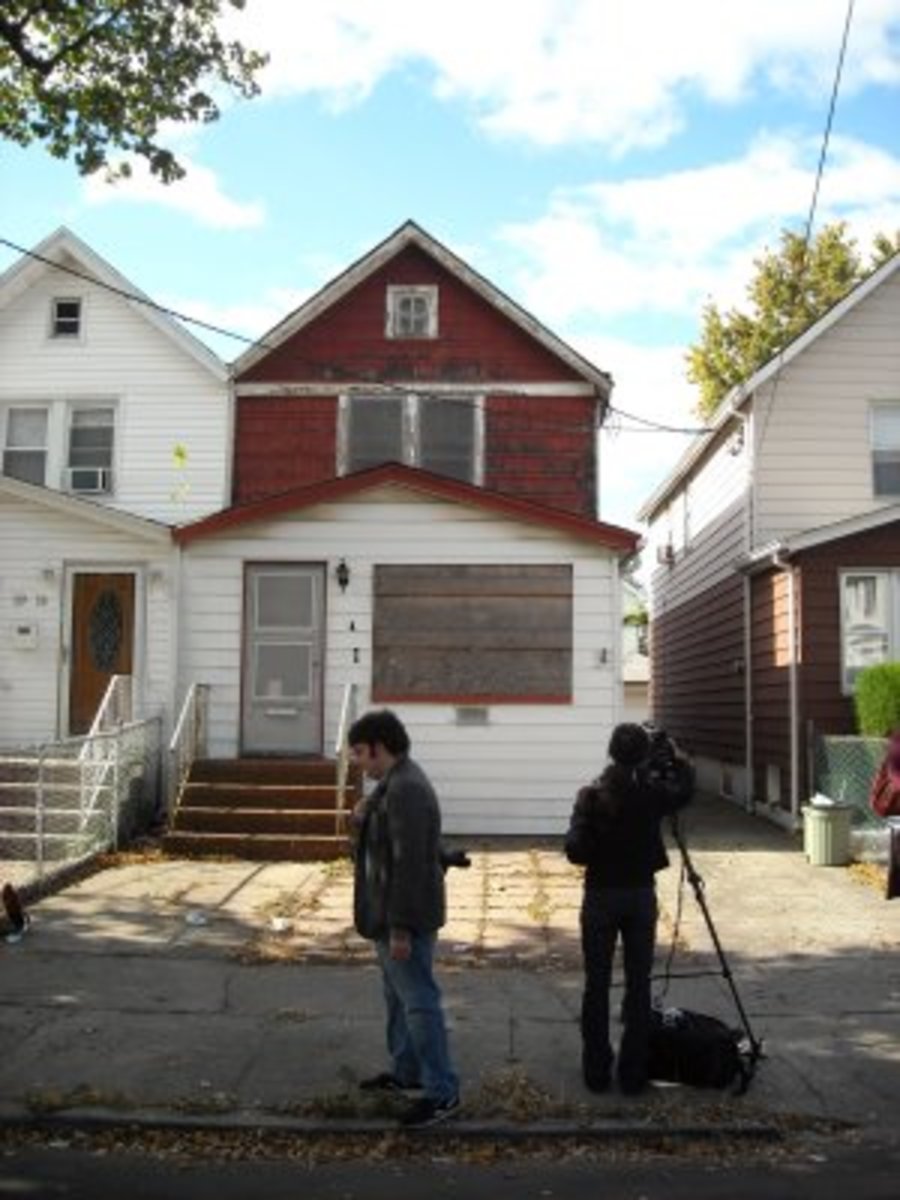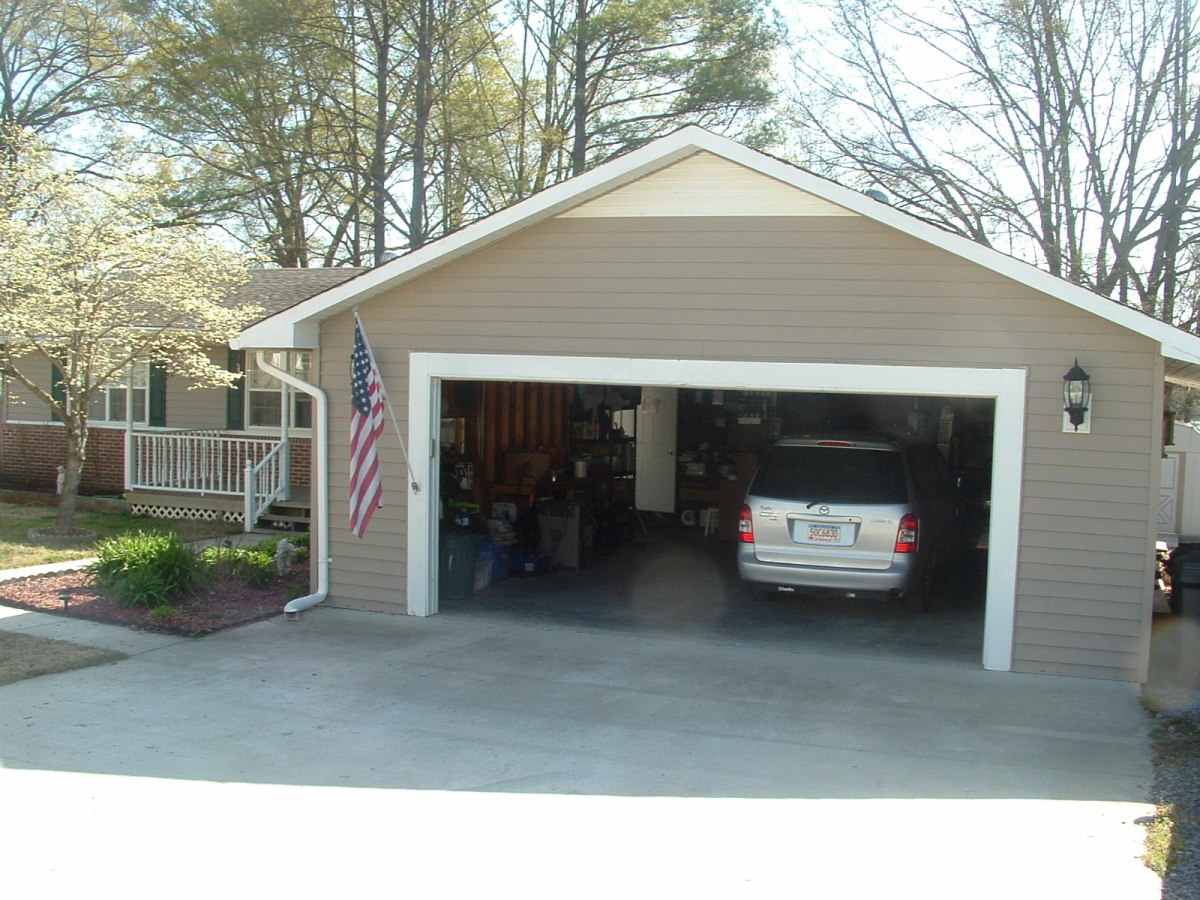What Happens If I Foreclose In California?
Foreclosure Processes in California
Are you wondering what happens if you foreclose in California? If you are facing foreclosure in California, there are two different processes that can be used by lenders to foreclose on the home. The processes are judicial foreclosure, which goes through the courts, and non-judicial foreclosure, which does not. The process used depends on the type of mortgage you received when you borrowed money to buy the home.
Most California foreclosures are handled through the non-judicial foreclosure process. In order to use this procedure, there must be a power of sale clause in the mortgage document or deed of trust. Basically, this is a clause saying that the buyer agrees that the lender can sell the home in the event that the mortgage payments are not paid.
Non-Judicial Foreclosure Process
Of course, even though the lender has received prior permission to sell the property, there is still a set of rules and procedures that must be followed. First of all, the lender must send a Notice of Default to the property owner. Besides mailing this notice to the owner, the lender must also record it at the County Recorder's Office.
The amount of time that lapses between the first late payment and the filing of the Notice of Default can be anywhere from a week to months. It is up to the lender when they make the decision to start the foreclosure process.
Once 90 days have passed since the Notice of Default has been recorded and mailed, the lender can move on to the next step, which is the Notice of Trustee's Sale. This notice must be published in a local newspaper and filed with the County Recorder's Office. The lender must then wait at least another 20 days to hold a public auction for the property.
At the location and time advertised in the Notice of Trustee's sale, the lender will put the property up for public auction with a starting bid equal to the amount of the debt plus foreclosure costs. The property will then be sold to the highest bidder. If no one bids on the property at the auction, the lender takes ownership.
If the lender uses the non-judicial foreclosure process, there can be no deficiency judgment made against the borrower. That means that the borrower cannot be made to pay the difference if the property is sold for less than the amount owed. However, there is also no redemption period following the sale. That means that once the auction is over, the borrower is not given a period of time in which they can repay the debt and reclaim the property.
Judicial Foreclosure Process
The judicial foreclosure process can also be used in California, but it is rarely used because it takes longer than the non-judicial process. However, if there is no power of sale clause in the mortgage document, the lender must go through the judicial foreclosure process in order to foreclose on the property.
More Articles by Beth Parker
- What Happens If You Abandon Your Home and Let It Foreclose?
So what happens if you abandon your home and let it foreclose? This article will help you understand what the consequences will be if your home ends up being foreclosed. It will also give you an idea of what to expect and offer some options. - What Happens to Your Credit When You Foreclose?
One of the things you might worry about if you are facing foreclosure is how it will affect your credit score. Obviously, a foreclosure will have a negative effect on your credit, but just how bad will it be?








